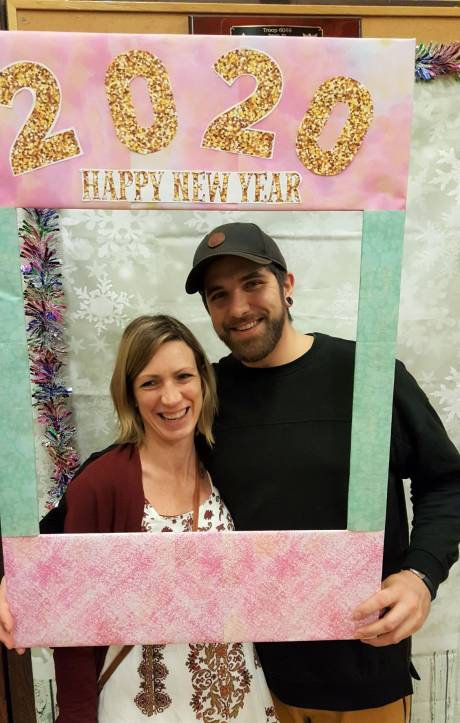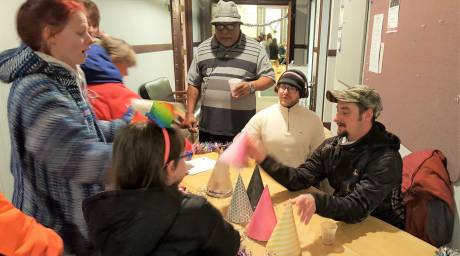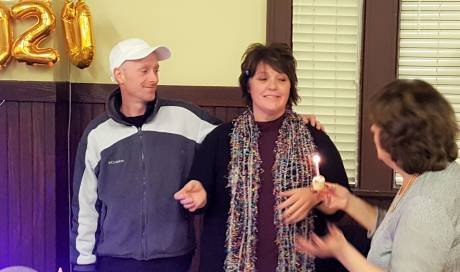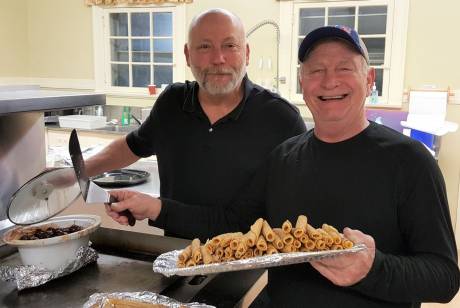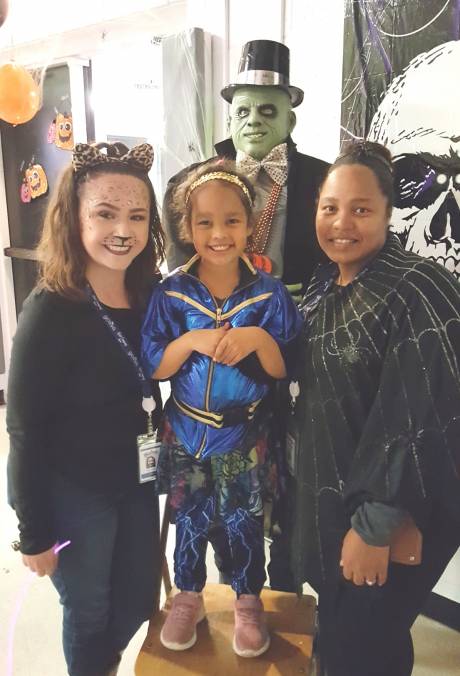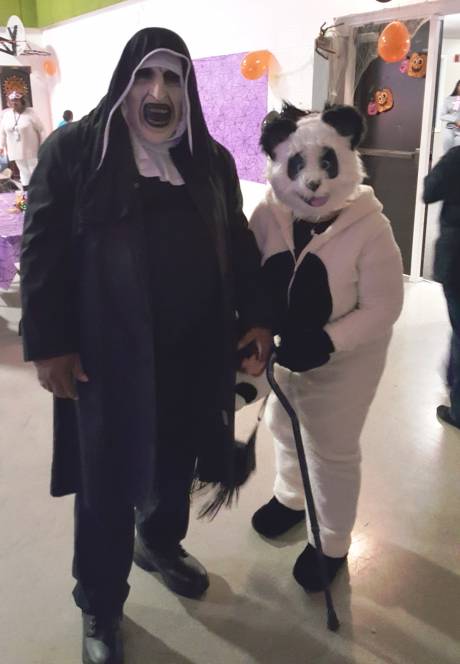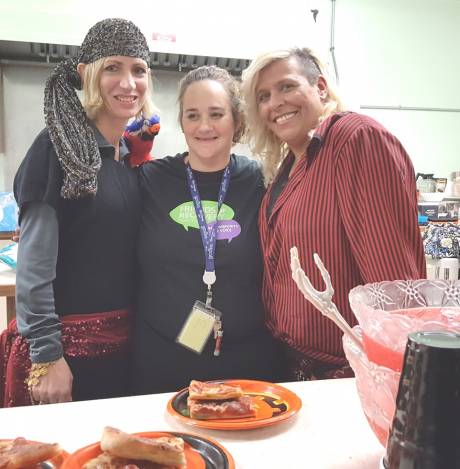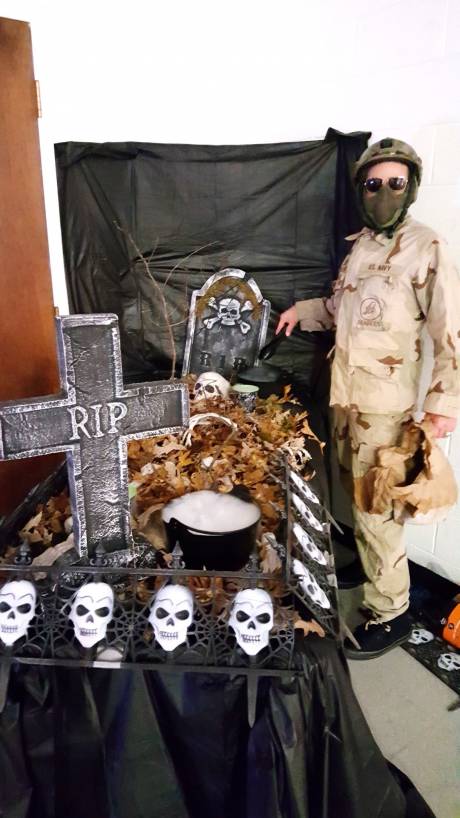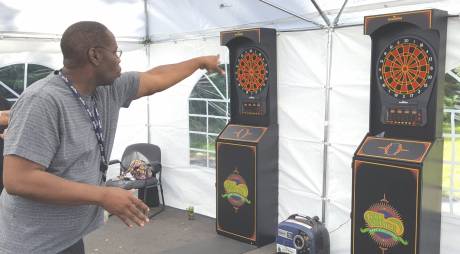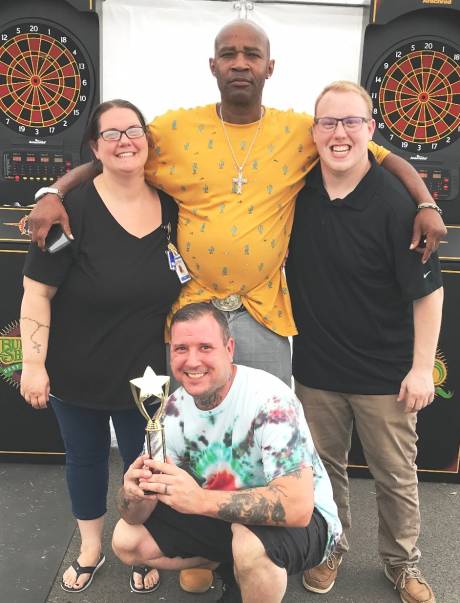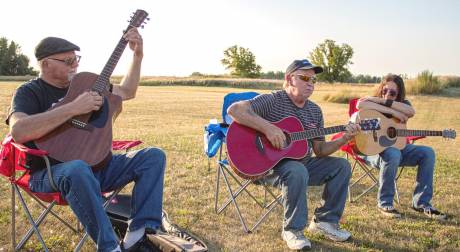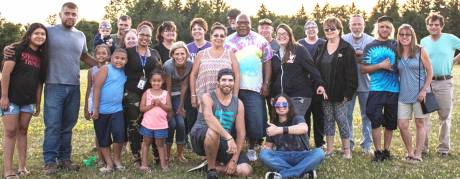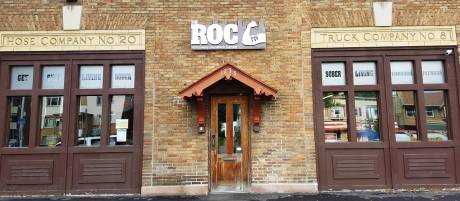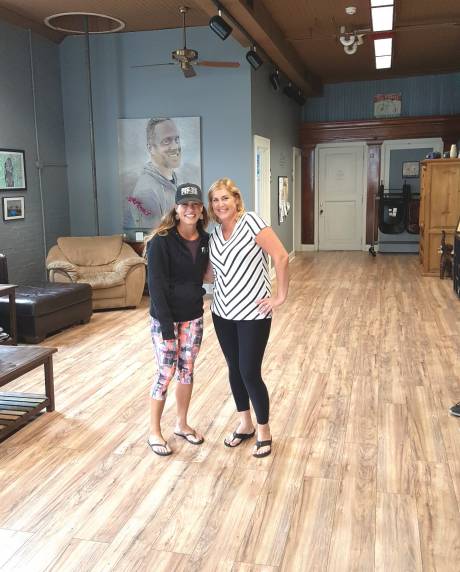GCASA presses on as overdose numbers rise; Virginia Taylor elected as board president
The COVID-19 pandemic has not only adversely affected business operations and the economy, it also has fueled a surge in the opioid crisis, placing added strain on those in substance use recovery who have been isolated by state-mandated stay-at-home orders.
John Bennett, executive director of Genesee/Orleans Council on Alcoholism and Substance Abuse, drove home that point on Wednesday during the agency’s annual meeting via Zoom videoconferencing.
“Obviously, COVID-19 has changed how we do business and it has changed the landscape of where we were at a year ago,” Bennett said. “From 2017 to 2018, we saw a reduction in opioid overdoses across the country, and just last year alone there was a 5-percent reduction, according to the Centers for Disease Control.”
But this year, things are very different, he said, reporting that the overdose rate went up 18 percent from a year ago in March, 29 percent in April, and a 42 percent in May.
“So, overdoses are up 42 percent across the country, and I don’t think regionally that it’s any different. We’ve seen an increase in overdoses and overdose deaths,” he said.
Latest statistics were compiled by the Overdose Detection Mapping Application Program, a national surveillance system that provides near real-time suspected overdose data.
Despite the disheartening news, Bennett said that GCASA is steadfast in its mission to offer a wide spectrum of services to those in need.
“GCASA has been a regional leader in building new addiction services that normally aren’t in rural communities, and we continue to be committed to maintain our efforts to expand services so that folks in our regions and in our communities don’t have to travel outside the area,” he said.
Bennett, who took over as executive director in 2012, commended the board – “very committed and dedicated individuals who are kind and caring” – and praised his staff.
“To my staff who are on the call today, I’m super proud of all of you,” he said. “You’re always willing to pitch in and assist our community partners and advocate for people suffering from addiction.”
Outgoing Board President Brian Paris conducted the election of new board members and presented the new slate of officers.
Elected to their first three-year terms were as follows:
- Jennifer Groff -- The director of fiscal operations and child support for Genesee County Department of Social Services, she has served on the GCASA Foundation board since 2018.
- Stefano Napolitano -- The City of Batavia fire chief, he also serves on the Foundation board and his department participates in the Police Assisted Addiction & Recovery Initiative in conjunction with GCASA.
- Jackie Gardner -- She is vice president of client services for Claims Recovery Financial Services.
- Pattie Kepner -- She is the associate executive of quality assurance for the Arc of Genesee and Orleans, having worked in human services for more than 30 years.
- Tim Batzel -- He is the business administrator at Alexander Central School, which contracts with GCASA for Prevention services.
Bennett thanked the outgoing board members for the six years of service. They are Paris, president; Shelley Falitico, Shawn Heubusch, Holli Nenni and Daniel Thurber.
The new slate of officers:
-- President, Virginia Taylor.
She holds a Ph.D. in Higher Education, which she received at the age of 50. She is a recipient of the WNY Network for Women Leaders in Higher Education Bernice Poss Award, a Buffalo Business First 40 Under 40 Recognition Award, and Niagara County Community College Distinguished Alumni Award.
-- Vice President, Victoria Elsenheimer.
She is the executive assistant to the Vice President of Advancement, a position she has held for the past 12 years at Brockport State College. She joined the U.S. Army in 1989 and was enlisted in the Army Reserves for 17 years; honorably discharged as a Sergeant in 2006.
-- Secretary-treasurer, Frederick Rarick.
He is an attorney in Batavia; practicing law for 35 years in the representation of individuals charged with crimes. He is licensed to practice law in New York, California, and Washington, D.C. He was a past board member of the Genesee County Veterans’ Support Network.
Menzie, LeBaron Earn Scholarships
As previously announced, Jillian Menzie, of Bergen, and Ashlyn LeBaron, of Albion, received GCASA Foundation scholarships for 2020.
Each award was for $1,000.
Menzie is a 2020 graduate of Byron-Bergen Central School who plans to attend Brockport State College to pursue a nursing degree with a minor in Spanish.
In addition, she plans to study abroad as well as join the Army ROTC program. Throughout her high school career, she participated in many sports teams, music programs, and clubs.
LeBaron is a 2020 graduate of Charles C. D’Amico High School in Albion and valedictorian of her class. She plans to attend either Cedarville University in Ohio or Roberts Wesleyan College to pursue a career in nursing.
She, too, participated in numerous extracurricular activities, including sports, band and orchestra.
Disclosure: Story written by Mike Pettinella, GCASA publicist.

